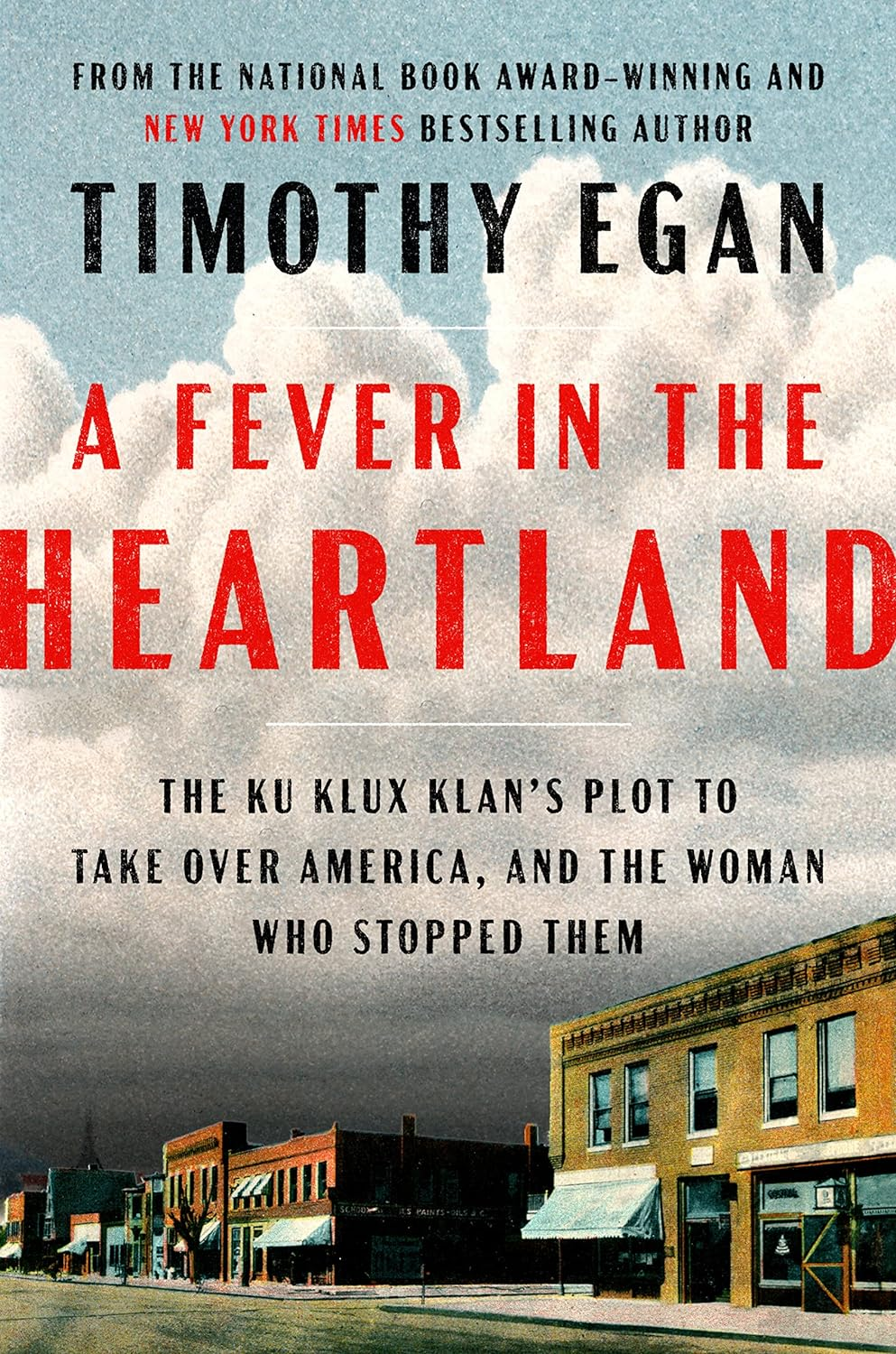From the low-bank shores of Lake Michigan in the north to the fat bends of the Ohio River in the south, from the rural folds of a county where Abraham Lincoln grew up in a small house that nurtured big ideas, to the windowless shack along the tracks where Louis Armstrong cut his first jazz record, the Klan infested Indiana. All but two of the ninety-two counties had a chapter—the only state with such saturation. One in three native-born white males wore the sheets. And here was yet another plum: Ed Jackson, the Republican whose name had first appeared on membership rolls of the Klan in 1923, had been swept into the governor’s office. He owed it all to D. C. Stephenson.
In the golden age of fraternal organizations, the Klan was the largest and most powerful of the secret societies among American men—bigger by far than the Odd Fellows, the Elks, or the Freemasons, and vastly greater in number than the original Klan born in violence just after the Civil War. Gains over the last few years, mostly in the North, had been astonishing. A Klan mayor ruled Anaheim, California; the city was nicknamed “Klanaheim.” A KKK chapter was chartered on board the USS Tennessee, a battleship anchored off Bremerton, Washington. “The Invisible Empire now has a floating Klan,” crowed the order’s national paper, the Imperial Night-Hawk, which had a larger circulation than the New York Times.In Colorado, an open Klansman, Clarence Morley, won the governorship on the same day that Ed Jackson did in Indiana. He promised to fire all Jewish and Catholic professors at the state’s flagship public university. “Every Man under the Capitol Dome a Klansman” was his motto. He joined another Klan-backed governor in the West, Walter M. Pierce in Oregon, who endorsed a voter-approved measure that would essentially eliminate Catholic schools. “Keeping America a Land for Americans” was his slogan. The Klan claimed fifteen United States senators under its control, and seventy-five members of the House of Representatives. Many had sworn allegiance in secret Klan initiation rituals, becoming “naturalized,” as it was called.
But the epicenter was Indiana, which was trying to shape human behavior as no state had ever done. At mass rallies, Stephenson and other Klan leaders cited the latest research from influential eugenicists, detailing the skull size, personality deficiencies, and other indicators of inferiority by those not of strict Nordic stock.
The state had passed the world’s first eugenic sterilization law, targeting “idiots, imbeciles, and confirmed criminals,” as the statute dictated. The Klan was now pushing for a more severe measure, singling out paupers, alcoholics, thieves, prostitutes, and those with epilepsy to be sterilized against their will.
